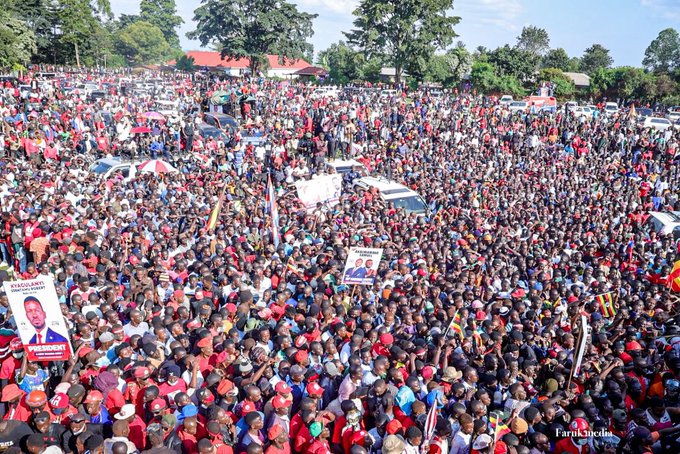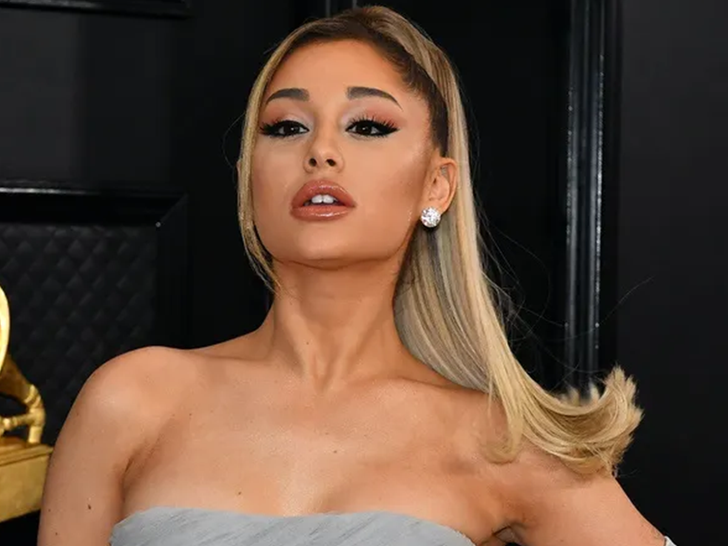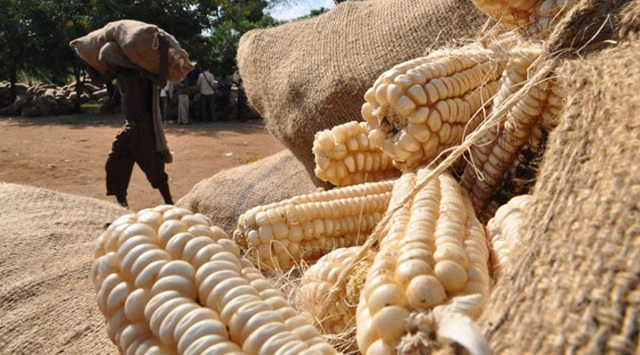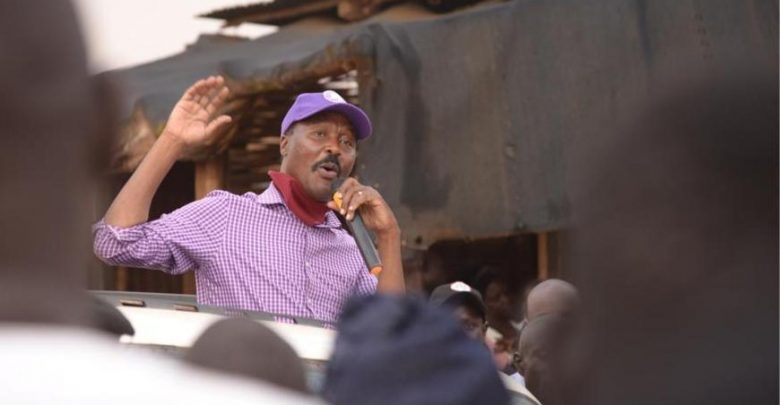KAMPALA — Opposition leader Robert Kyagulanyi, popularly known as Bobi Wine, has unveiled a bold promise in his National Unity Platform (NUP) 2026 manifesto: any Ugandan earning below one million shillings ($260) a month would be exempt from Pay-As-You-Earn (PAYE) tax under his government.
The move is aimed at easing pressure on households grappling with inflation, high debt, and what NUP calls “wasteful government spending.”
“Any Ugandan earning below one million shillings will not pay PAYE,” the manifesto reads.
“We will simplify the tax system, eliminate unfair levies on essential goods, and reward tax compliance with competitive incentives.”
A Major Shift in Uganda’s Tax Policy
Currently, the tax-free threshold is 235,000 shillings per month, meaning the majority of salaried workers contribute PAYE.
Raising the threshold to one million shillings would exempt nearly 90% of formal workers, according to labour force data.
- PAYE contributed about 6.5 trillion shillings in FY2023/24, roughly 20% of domestic tax revenue.
- Analysts estimate NUP’s proposal would cut PAYE collections by about half, leaving higher earners to shoulder the burden.
“The plan would cut PAYE contributors from over 1.1 million to barely 260,000,” said an economist familiar with Uganda’s fiscal policy.
“It’s politically attractive, but without offsetting reforms it risks a major shortfall.”
How NUP Plans to Fund the Gap
NUP argues lost revenue can be offset by curbing government waste and improving tax administration.
- In FY2024/25, Kampala spent 2.27 trillion shillings on travel, workshops, entertainment, and special meals — three times more than the budget for water, sanitation, and social protection combined.
“Leadership must serve, not enrich. We will expand revenue without burdening the poor through digital tax administration and by closing loopholes,” Kyagulanyi said.
The party also highlighted opportunities in Uganda’s underexploited mineral sector, projecting the potential to raise the tax-to-GDP ratio by six percentage points, bringing it closer to IMF benchmarks.
Political Appeal vs. Fiscal Trade-Offs
The PAYE pledge positions Bobi Wine as the champion of low- and middle-income earners, a key demographic in Uganda’s upcoming elections.
However, economists warn the plan could create a major funding gap unless the government offsets lost revenue with efficiency reforms or alternative income sources.
Uganda’s public debt has more than doubled over the past decade, standing at 116 trillion shillings (52% of GDP). Debt servicing already consumes a third of domestic revenue, limiting spending on health, education, and infrastructure.
For voters struggling with rising prices and stagnant wages, NUP’s proposal offers hope. But for fiscal analysts, the challenge lies in balancing political promises with economic reality.
The 2026 Election Context
Bobi Wine’s manifesto contrasts sharply with President Yoweri Museveni’s tax policies, which the ruling NRM defends as necessary to sustain infrastructure, security, and public services.
The PAYE relief pledge is likely to dominate debates in central Uganda and urban centers, where low- and middle-income earners feel the pinch of taxes and rising living costs.
✨ Bottom Line: Bobi Wine’s sweeping PAYE tax relief is a bold gambit to win hearts ahead of 2026. If implemented, it could transform household finances for millions — but only if paired with strict fiscal discipline and alternative revenue streams to avoid destabilizing Uganda’s fragile budget.





